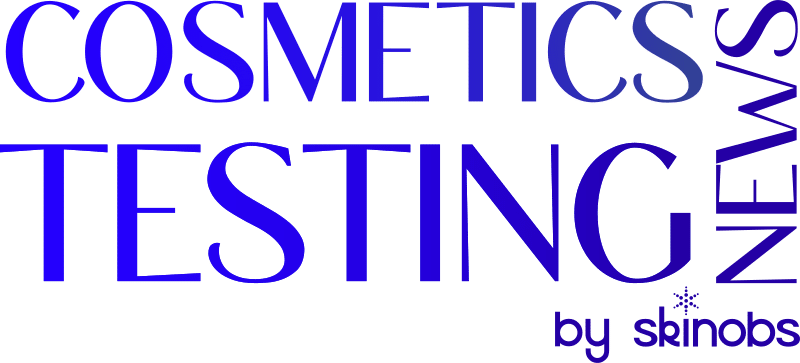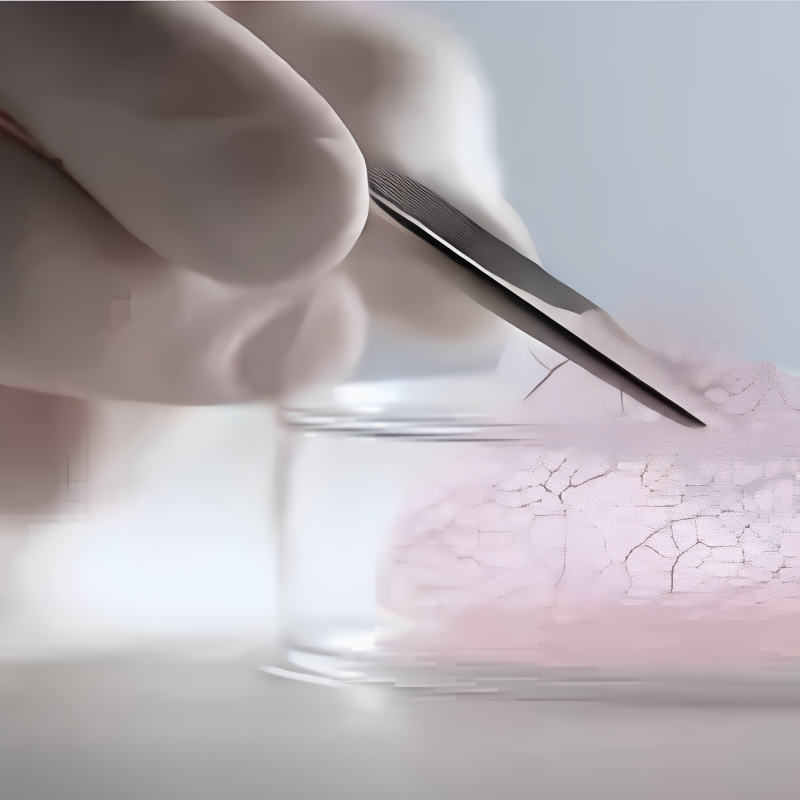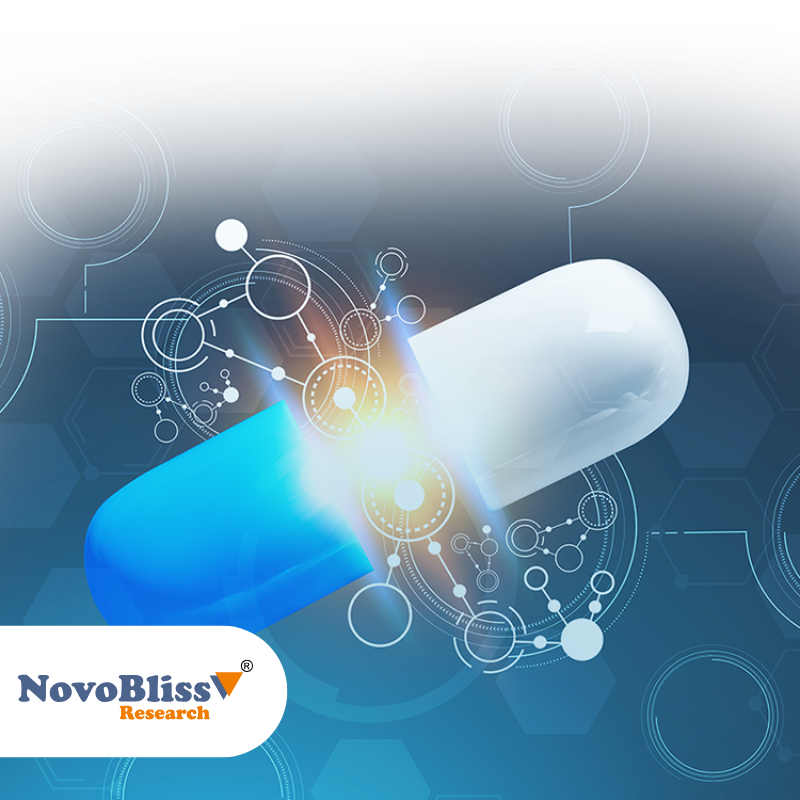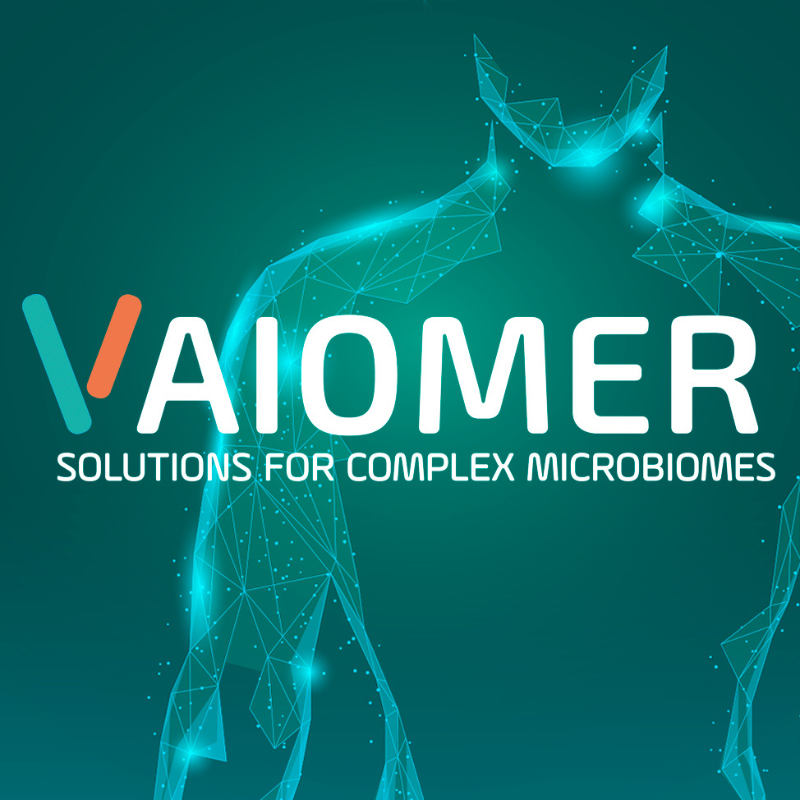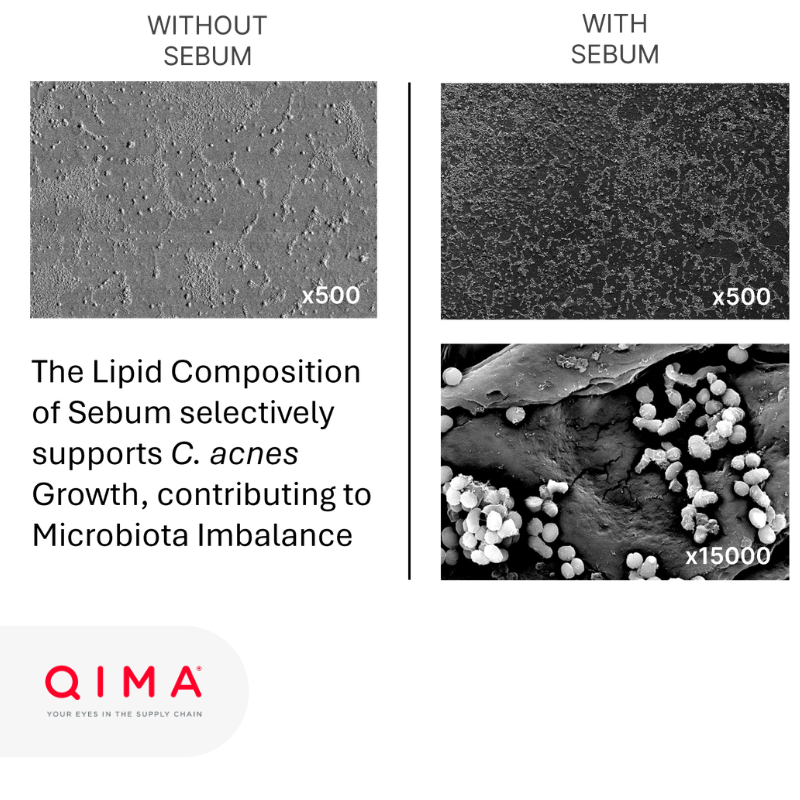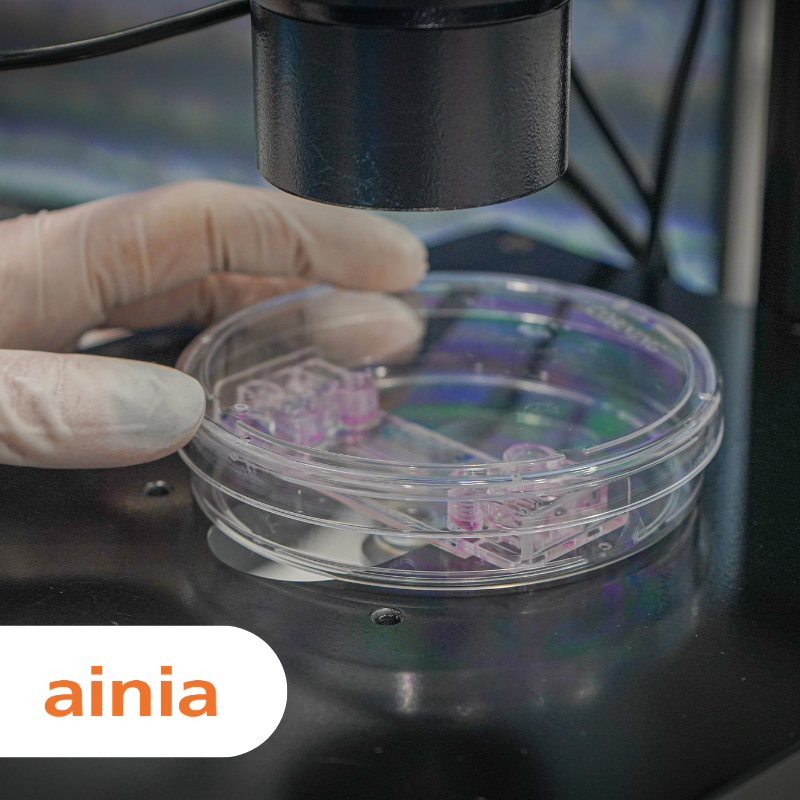By Mieke Meintjes
he National Institutes of Health (NIH) is opening a “first of its kind” Standardized Organoid Modeling (SOM) center that will influence how beauty companies test products by providing standardized, cruelty-free alternatives to animal testing.
The center is designed for biomedical research but will directly benefit personal care companies seeking animal-free safety testing.
Personal Care Insights speaks with experts from the NIH and animal welfare advocacy groups PETA and Cruelty Free International about how the US$87M-funded center could make it easier for cosmetics companies to choose non-animal testing strategies by creating a standardized system.
“The NIH SOM Center is designed to accelerate the development, validation, and broad adoption of organoid technologies as human-relevant tools,” Dr. Nicole Kleinsteuer, acting NIH deputy director for program coordination, planning, and strategic initiatives, tells us.
Organoid systems are miniature, lab-grown tissue models that replicate the structures and functions of human organs. They can help assess how ingredients are metabolized and what potential effects they could have on human health.However, most organoids are currently developed in academic settings through trial-and-error approaches, which limit reproducibility and slow broader adoption across laboratories.
